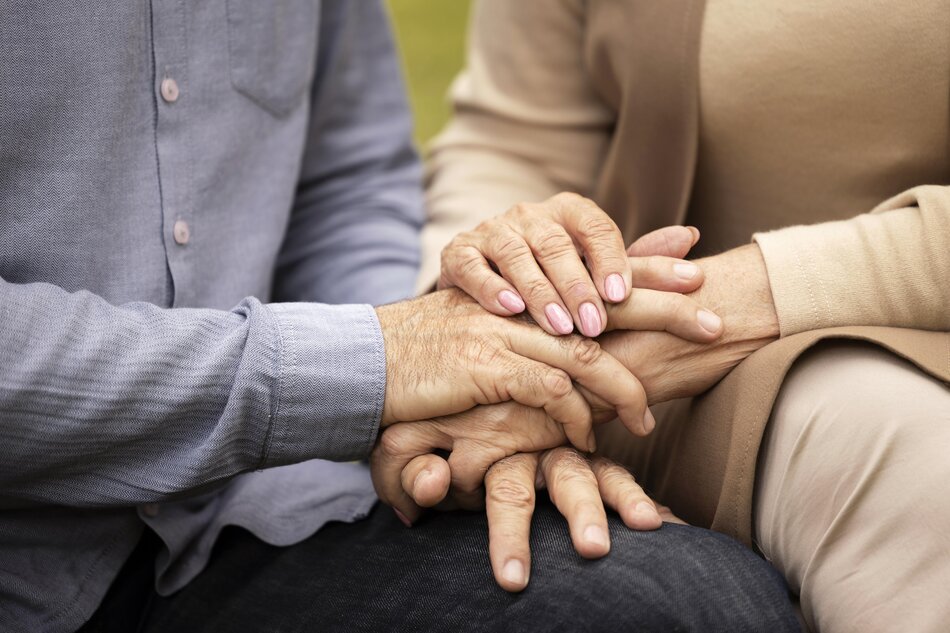The recent passing of Gene Hackman, the acclaimed actor, and his wife, Betsy Arakawa, in their Santa Fe, New Mexico home was deeply unsettling. Reports indicate that they had been deceased for some time before being discovered. It is believed that Gene had been diagnosed with Alzheimer’s Disease.
This heartbreaking news forces us to confront an uncomfortable truth: isolation among aging adults is a growing crisis. It is not just about loneliness; it is about the real and dangerous consequences of being unseen and unheard. Social isolation has been linked to depression, cognitive decline, and even premature death. The absence of regular interaction—of someone checking in, of a voice on the other end of the phone—can turn what should be our golden years into years of silent suffering.
I can’t help but ask: What if someone had called them? What if there had been a neighbor, a friend, or a caregiver making regular visits? Could their fate have been different? These are the questions we must grapple with because they don’t just apply to celebrities or distant strangers; they apply to our parents, our grandparents, and, one day, to us.
The Power of a Simple Call
There is an undeniable power in human connection. A simple phone call, a friendly visit, or an organized support network can save lives. We often underestimate the significance of daily check-ins, yet they serve as a lifeline for many older adults who may otherwise go days—or even weeks—without meaningful interaction.
Thankfully, some resources aim to combat this growing issue. I recently came across Friendly Voices, a nonprofit organization that provides free, scheduled phone calls for those who qualify. This initiative is more than just a check-in—it is a bridge back to the community, offering warmth, companionship, and reassurance to those at risk of slipping into isolation. Similarly, adult day programs such as Rosener House and Avenidas in Palo Alto and Menlo Park provide spaces where older adults can engage, socialize, and maintain a sense of belonging. These programs don’t just prevent loneliness; they foster friendships, mental stimulation, and emotional well-being.
Seeking Help is Strength, Not Weakness
There remains a persistent stigma around asking for help, particularly as we age. Too often, seeking support is viewed as a loss of independence when, in reality, it is an act of strength and foresight. Proactively building a support system—whether through family, friends, or professional caregivers—does not mean surrendering control; it means taking charge of one’s well-being.
This is a call to action—not just for seniors, but for all of us. Let’s normalize checking in on our elderly loved ones. Let’s advocate for accessible community resources. Let’s reach out to those who may be struggling in silence. Because at the end of the day, no one should grow old feeling forgotten.
We have the power to create a world where aging is not synonymous with isolation but with connection, dignity, and care. Let’s make that world a reality.
